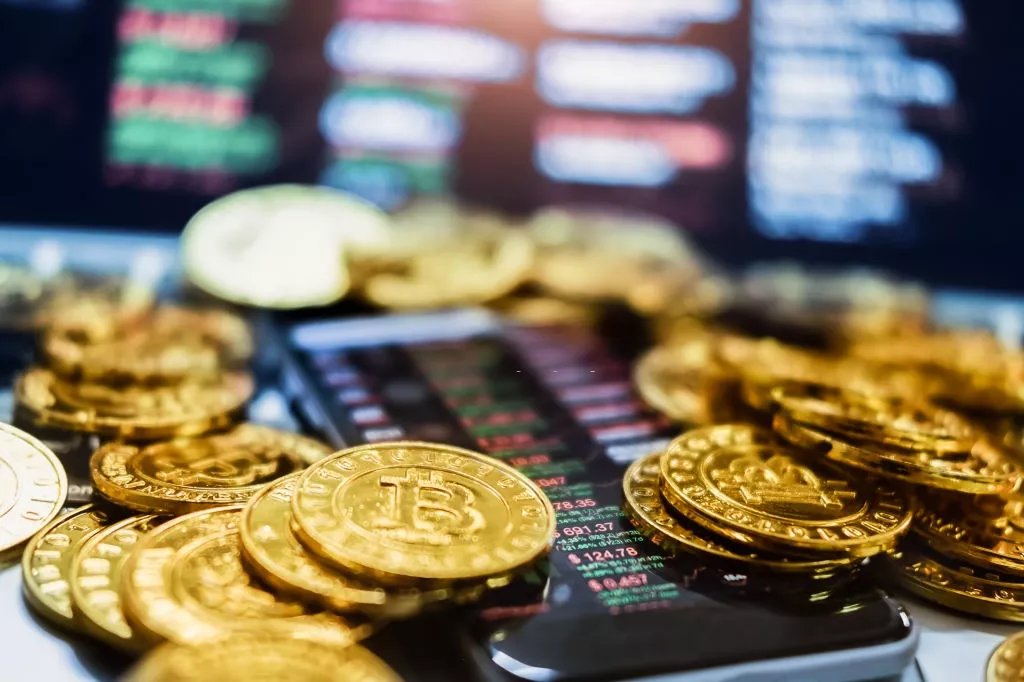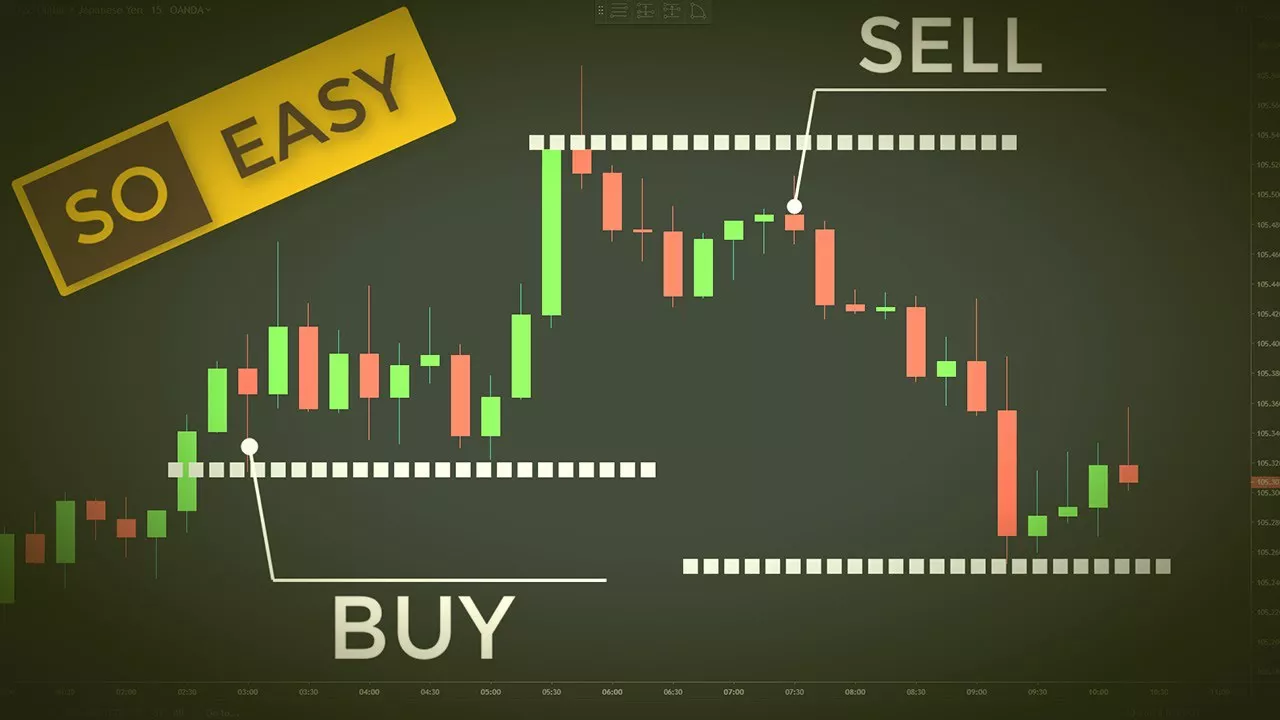South Korean stocks and the won plunged on Monday as political instability deepened following a weekend of turmoil, leaving investors on edge. The benchmark Kospi Index fell by 2.8%, while the Kosdaq Index dropped over 5%, hitting its lowest point since April 2020. The won weakened by about 1% against the dollar, nearing levels last seen during a political crisis earlier in the week.
Uncertainty Following Failed Impeachment Motion
The political crisis was triggered by a failed impeachment motion against President Yoon Suk Yeol on Saturday. The main opposition party has vowed to quickly push for another vote, raising fears of a prolonged political standoff. Despite efforts by Seoul officials to stabilize the market, uncertainty over the country’s leadership has weighed heavily on investor sentiment.
“The possibility of a worst-case scenario for the Kospi has increased,” said Lee Kyoung-Min, a strategist at Daishin Securities Co. “Even small developments can cause the Kospi to wobble due to accumulated fatigue and investor disappointment.”
Protests and Unconstitutional Moves
Amid mounting pressure for Yoon to resign, ruling party leader Han Dong-hoon stated on Sunday that Prime Minister Han Duck-soo would manage the country’s affairs. The ruling party is preparing an orderly exit plan for the president, but opposition lawmakers have criticized the move as unconstitutional, leading to widespread protests.
The timing of the crisis could not have been worse. Both the Kospi and the won were already among the worst-performing assets in Asia this year, even before the martial law debacle. Investors had hoped for stronger leadership to navigate the uncertain global trade environment and push forward the “Value-Up” initiative, aimed at improving corporate governance and boosting shareholder returns.
Government’s Response to Market Fears
In response to the market’s deepening concerns, South Korea’s financial authorities have vowed to take “every possible measure” to protect the economy. A joint statement issued on Monday announced a 300 billion won ($209 million) fund to buy “Value-Up” stocks and stabilize the market. Authorities also mentioned a 10 trillion won stock stabilization fund, which can be mobilized if needed.
However, some experts argue that these efforts may not be enough to restore investor confidence. “The fund is unlikely to quell market fears,” said Jung In Yun, CEO of Fibonacci Asset Management Global Pte.
Currency Struggles Amid Political Uncertainty
The won has been on a downward slide since President Yoon’s brief declaration of martial law on Tuesday, which was swiftly reversed after parliament unanimously rejected it. As political tensions intensified, the won lost over 2% against the dollar, making it the only emerging Asian currency to decline against the greenback during the crisis. Should the won continue to weaken, it could reach levels not seen since 2009.
Goldman Sachs has also downgraded its growth forecast for South Korea, predicting a 1.8% growth rate in 2025, with risks of further downside.
Looking Ahead
The unfolding political crisis has left South Korean markets vulnerable, with growing uncertainty surrounding the country’s leadership and its ability to manage both domestic issues and external challenges, including the upcoming Trump administration. While financial authorities are mobilizing funds to stabilize the market, investors remain cautious, watching closely for any developments in the ongoing political drama.
Related topics:































